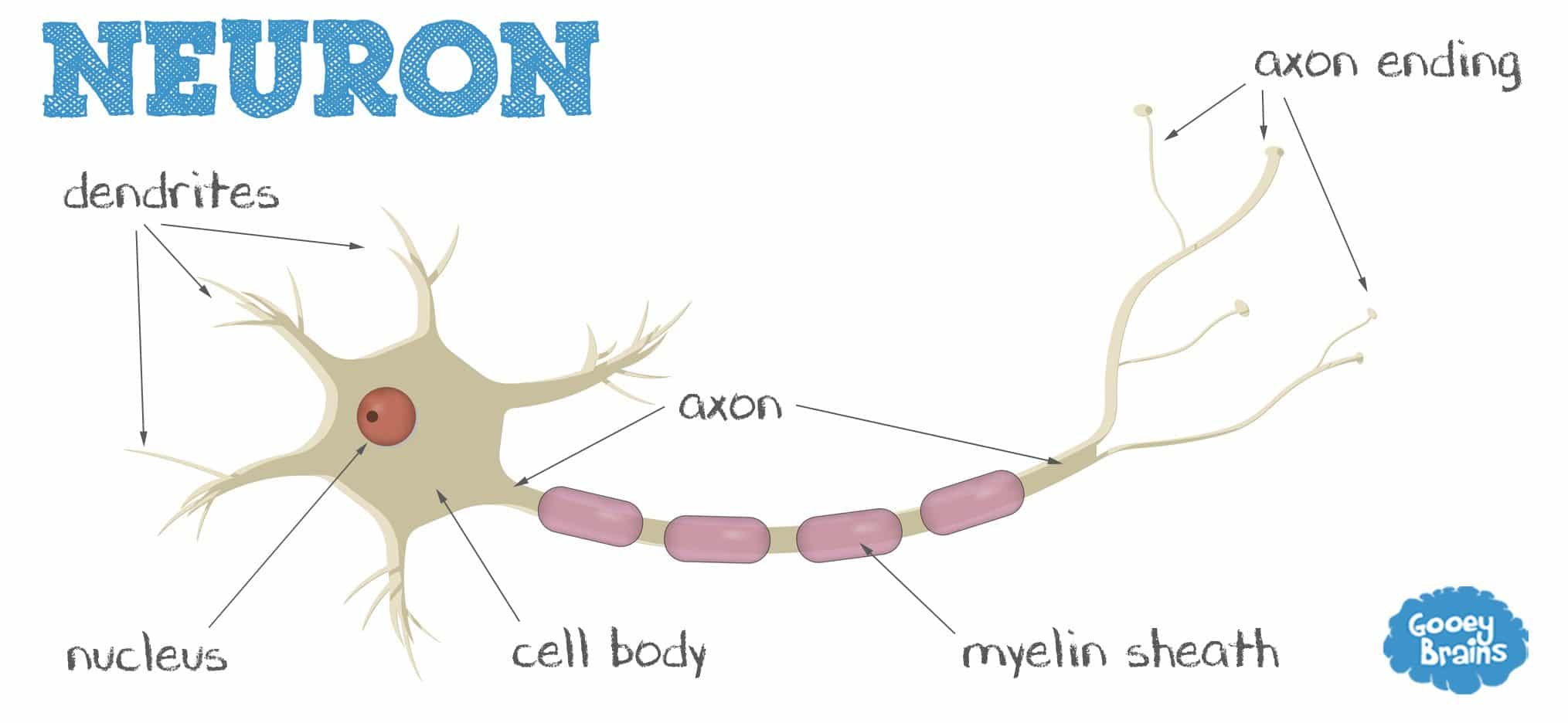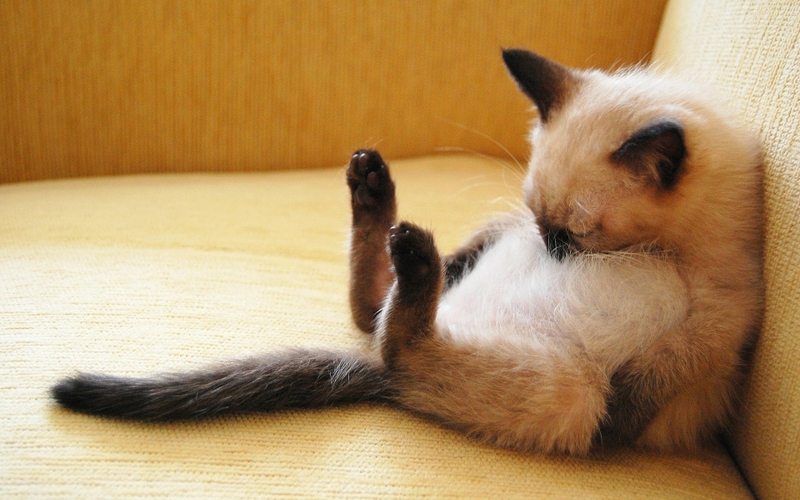Feeling Spaced Out After Being Deprived of Sleep? Here’s Why
Sleep is a beautiful, wonderful thing. There aren’t many problems that a nice nap can’t solve. Bad day? Snooze. Is everyone annoying the living crap out of you? Snooze. Without sleep, things start to get a little… shall we say….off?
Not only do people start to look like punching bags that you want to take a swing at, but also your brain suddenly fools you into a false sense of confidence. Extreme sleep deprivation is like being drunk except without the fun.
Furthermore, a host of studies have shown that sleep deprivation is bad for cognition. If you realize that you were totally spacing out for the past 10 minutes, you just can’t seem to organize that simple memo, or you can’t remember what you did Thursday evening, then sure, you might have ADHD, you suck at your job, or you’re drinking too much. Or it could be that you’re sleeping too little!
Now, a new Nature Medicine study has now revealed why you feel so spaced out after a lack of sleep: your neurons fire far more slowly, which means that your short-term memory recall is inhibited. Your brain is essentially running
in slow-motion.A new study led by UCLA’s Dr. Itzhak Fried is the first to reveal how sleep deprivation disrupts brain cells’ ability to communicate with each other. Fried and his colleagues believe that disruption leads to temporary mental lapses that affect memory and visual perception.
“We discovered that starving the body of sleep also robs neurons of the ability to function properly,” said Fried, the study’s senior author, a professor of neurosurgery at the David Geffen School of Medicine at UCLA and Tel Aviv University. “This leads to cognitive lapses in how we perceive and react to the world around us.”
The international team of scientists studied 12 people who were preparing to undergo surgery at UCLA for epilepsy. The patients had electrodes implanted in their brains in order to pinpoint the origin of their seizures prior to surgery. Because lack of sleep can provoke seizures, patients stay awake all night to speed the onset of an epileptic episode and shorten their hospital stay.
Researchers asked them several times over the course of the night to identify a number of images as fast as they could. These were six images of celebrities, famous landmarks, and animals. The implanted electrodes meanwhile recorded the combined firing of 1,500 neurons, which includes the brain activity of all 12 volunteers. Specific attention was given to the temporal lobe, responsible for memory and processing sensory information, including visual perception.
This exercise was performed on 24 separate occasions. As the night wore on and patients got drowsier, their ability to name the pictures quickly slowed, as did their neural activity. The neurons fired weakly and transmissions to other parts of the brain moved more slowly. As a result, participant response-time lagged.
“Slow, sleep-like waves disrupted the patients’ brain activity and performance of tasks,” Fried said in a press release. “This phenomenon suggests that select regions of the patients’ brains were dozing, causing mental lapses, while the rest of the brain was awake and running as usual.” Fried likened sleep deprivation to being drunk. “Yet no legal or medical standards exist for identifying overtired drivers on the road the same way we target drunk drivers,” he said.
When the brain is sleep deprived, information isn’t encoded by neurons as it should be, which is why our reaction time is slowed. It’s like when a sleepy driver misses the fact that a person has stepped into the road. “The very act of seeing the pedestrian slows down in the driver’s overtired brain,” Fried said. “It takes longer for his brain to register what he’s perceiving.” The next phase is to come to understand the mechanism completely.
In future research, Fried and his colleagues plan to more deeply explore the benefits of sleep and to unravel the mechanism responsible for the cellular glitches that precede mental lapses.

































